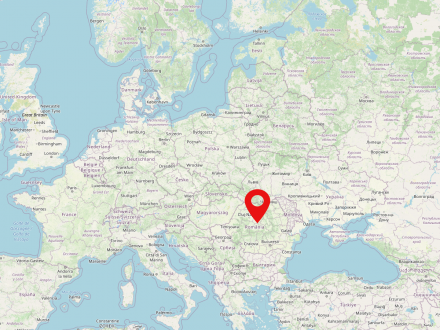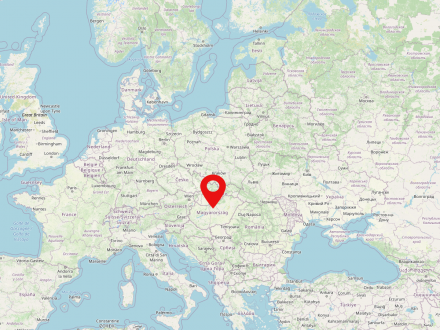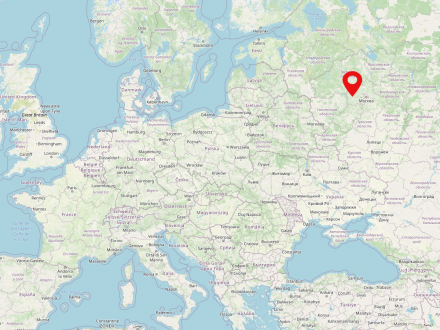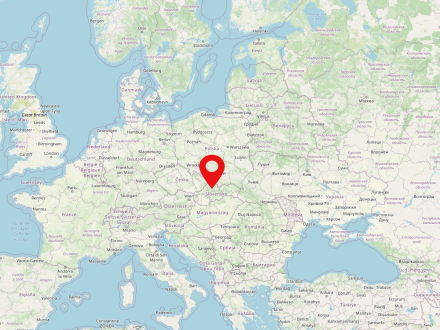Poland is a state in Central Eastern Europe and is home to approximately 38 million people. The country is the sixth largest member state of the European Union. The capital and biggest city of Poland is Warsaw. Poland is made up of 16 voivodships. The largest river in the country is the Vistula (Polish: Wisła).
Romania is a country in southeastern Europe with a population of almost 20 million people. The capital of the country is Bucharest. The state is situated directly on the Black Sea, the Carpathian Mountains and borders Bulgaria, Serbia, Hungary, Ukraine and Moldova. Romania was established in 1859 from the merger of Moldova and Wallachia. Romania is home to Transylvania, the central region for the German minority there.
Hungary is a country in Central Europe, whose capital is Budapest. The country is home to about 10 million people and was part of the so-called Habsburg Empire for several centuries. Hungary has been a member of the European Union since 01.05.2004. The Danube is the largest river in the country.
The Russian Federation is the largest territorial state in the world and is inhabited by about 145 million people. The capital and largest city is Moscow, with about 11.5 million inhabitants, followed by St. Petersburg with more than 5.3 million inhabitants. The majority of the population lives in the European part of Russia, which is much more densely populated than the Asian part.
Since 1992, the Russian Federation has been the successor state to the Russian Soviet Republic (Russian Socialist Federative Soviet Republic, RSFSR), by far the largest constituent state of the former Soviet Union. It is also the legal successor of the Soviet Union in the sense of international law.
Slovakia is a country in Central Europe, which is lived in by about 5.5 million people. The capital of the country is Bratislava (Pressburg). Slovakia has been independent since 1993. Before that it was part of Czechoslovakia for several decades.











